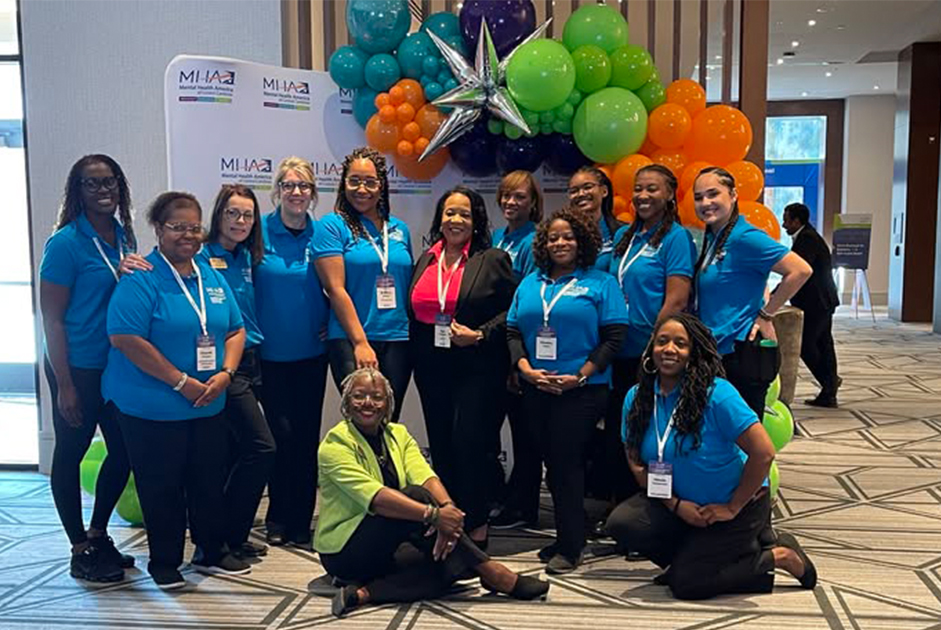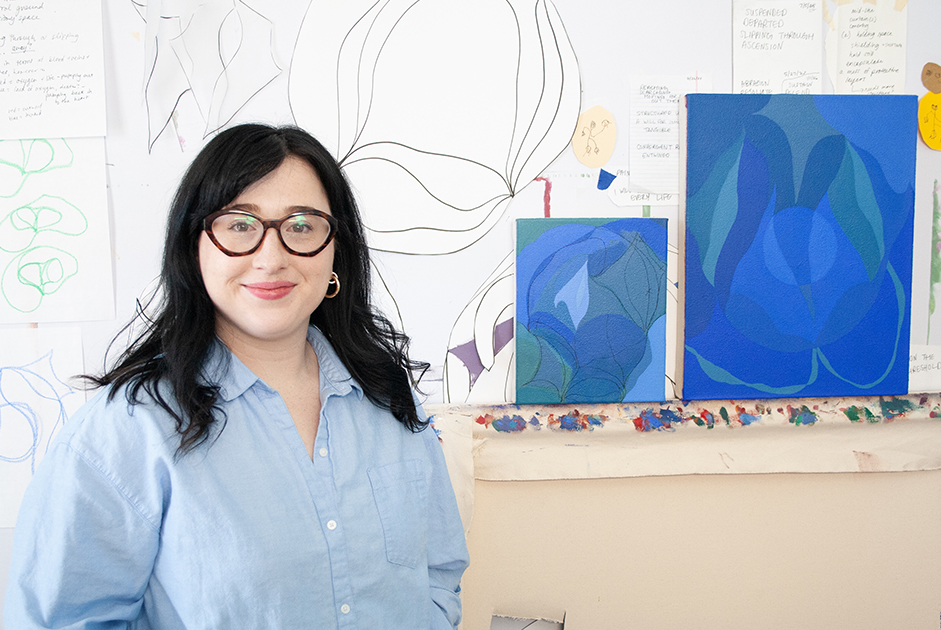The word “introvert” can be defined as “a shy, reticent person.” It is also said that an introvert “feels more comfortable focusing on their inner thoughts and ideas, rather than what’s happening externally and enjoys spending time with a few people rather than a large crowd.” This type of personality is the opposite of an extrovert. An introvert, instead, prefers more quiet spaces to flashier stimuli, likes to get to know people on a deeper level, takes longer to process information and needs time to recharge after socializing.
Hi! It’s me. I’m an introvert and have been for the majority of my life. While I do enjoy being social and getting out of the house, I need moments to myself. I can be outgoing and energized, but I also realize when my social battery needs to be recharged. I enjoy spending time at home. Being an introvert has many benefits, such as these:
The Positives of Being an Introvert:
- We are observant. We watch and think before speaking. If an introvert is sitting quietly, they are taking the time to reflect and absorb the information and happenings going on around them. We value all forms of communication, including body language and facial expressions. By being observant, introverts often notice things others may not notice. Think of it as “taking the time to smell the roses.”
- We are good listeners. Part of being observant also means introverts listen before speaking, and we listen for meaning. According to Dr. Laurie Helgoe, author of Introverted Power: Why Your Hidden Life is Your Hidden Strength, “extroverted people are more inclined to jump into a conversation before fully processing what the other person has said.” As for introverts, we process information and conversations internally, thus giving thought to how we should respond before doing so.
- We can be compassionate leaders. As leaders, introverts dig deep and use their natural strengths. Not always wanting to be in the spotlight, introverted leaders credit the group for their successes and share the rewards amongst others. In addition, these leaders usually learn more about their team members and have intentional conversations. They use the time to get to know their team members’ strengths, talents and skills. Then, in return, use those traits to the advantage of the group, highlighting everyone’s contributions.
While these are only three of the many positives to being an introverted person, there is also a downside to this personality style.
The Struggles of Being an Introvert:
- We can get overlooked and don’t stand out. Since introverts tend to blend in with the crowd, it can often be hard to stand out and be noticeable. We don’t speak out about our accomplishments or draw attention to ourselves. This can cause introverts to be overlooked and passed by for their successes.
- We can underestimate ourselves. Second-guessing is part of our nature. We overthink our abilities, skills and decisions. In return, we underestimate our worth and our capabilities. We may have powerful comments and observations to add to our conversation, but we second-guess ourselves thinking nobody wants to hear them or will think our comments are unnecessary. In addition, introverts will fool themselves into thinking they “can’t or “aren’t” able to do something when, in reality, they are perfectly able to succeed.
- It can be hard to get to know us. Introverts are very private and only give details when necessary and to those who we can trust. We often feel left out of conversations and events because people don’t know we are interested or have something in common. While introverts can speak up and share about themselves, more vocal people tend to get the attention.
It is a balance between handling the positives and navigating the struggles of being an introvert. Sometimes I wished to be more extroverted, but then, I realized being an introvert is a combination of the two personalities. I can be outgoing while still needing time to myself. It is a personality I wouldn’t change.
.




















